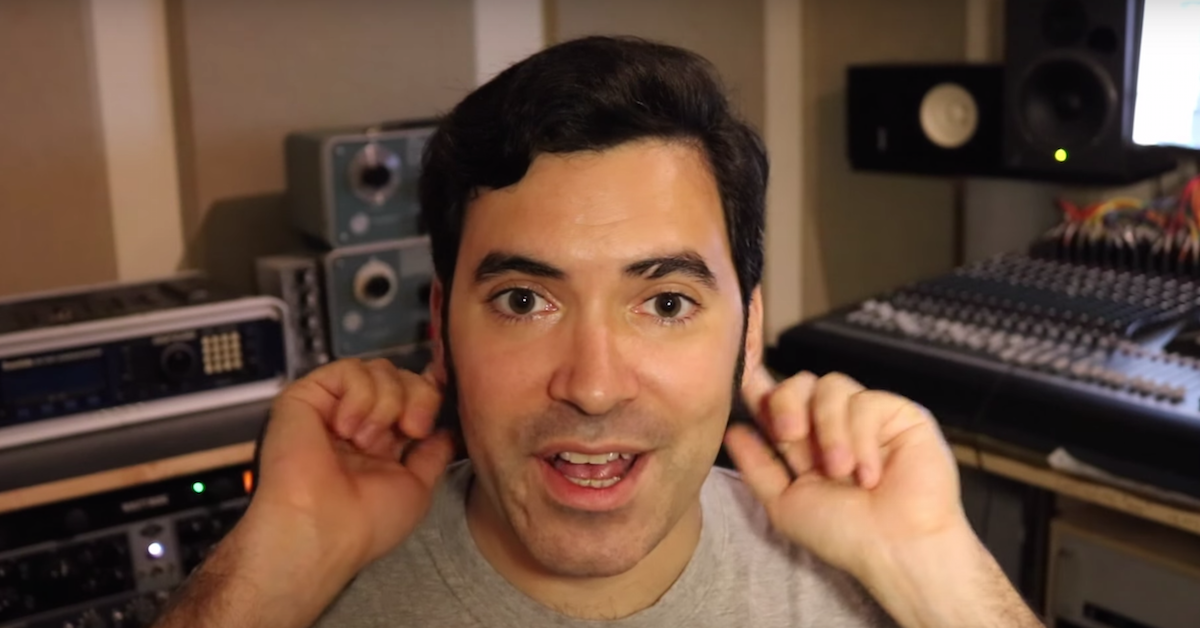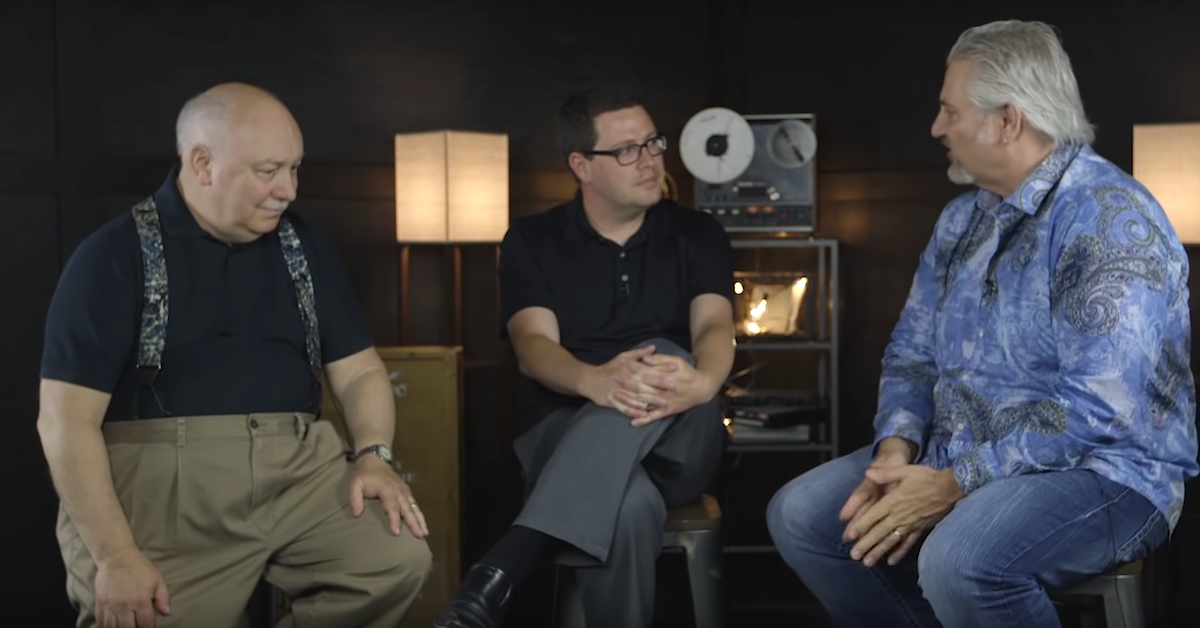What I’ve Learned Running a Studio with No Money
Article Content
Having no money sucks, there’s no doubt about it! But it does one really good thing for you: it makes you prudent.
This article is mainly for those who are already getting some paid clients, but eventually want to go full time.
I haven’t been too guilty of over-spending in the studio, but I know how tempting it can be. I totally get the frustration a lot of us face. When something isn’t going right, or when we’re told by a magazine that ‘this new reverb plugin is the best thing in the world’, we tell ourselves that all we need is this new plugin and then we’ll be ‘good enough’.
It doesn’t quite work that way, which is actually a good thing.
It means that skill development isn’t determined by how much money you have. Awesome.
It seems that a lot of people don’t like hearing opinions like this and I think it’s because a lot of us don’t want to practice, as it takes up more time than whipping our credit card out…Maybe we don’t always want to accept that all we actually need to do is improve our skills, so we take the easy way out.
The key is that having a new plugin isn’t actually improving…It’s just…having a new plugin!
It’s a real shame when a struggling engineer spends the last of their money on some fancy piece of gear they don’t really need. In fact, it can be disastrous if you’re thinking of going full time without an established client base.
And if you’re thinking that you need that ‘super uber cool compressor 3000’ to lure in a new client, then you probably don’t need that type of client. Ultimately, your ideal client will know that it’s you and your skills that they’re paying for, so make sure your skills are the main focus in terms of your professional development.
Am I saying never to upgrade? Of course not. Upgrading can be a really inspiring thing to do to blow the cobwebs away or improve your workflow. I’m also not suggesting that fancy looking/sounding gear like outboard processors are a waste. If you’ve done your homework and the product won’t put you out-of-pocket, go for it, but keep the following in mind:
Purchasing new gear will not improve your skills.
Don’t approach it backwards. Improve your skills before upgrading, otherwise you’ll forever be chasing something that can’t actually be bought.
Upgrading slowly is great because you get to know your gear inside out, so when you’ve squeezed every little bit out of it, you know when it’s time to upgrade, not a magazine.
Think of a kid who wants to learn the guitar. He starts playing on a budget guitar and gets increasingly frustrated and blames the guitar itself. Surely we’d all agree that the kid just needs to practice for now. Later, when he’s developed his skills, he’ll appreciate having a better guitar.
In an ideal world, you could buy a really nice guitar, still suck, and then have nothing left to blame, forcing you to practice more—but you can then blame the amp, mic, pedals—even the cables. In the world of pro audio, there’s a seemingly infinite number of things to upgrade and buy.
It’s even worse if you’re running your studio as a serious business. You need to justify your expenses by having frequent paying clients, otherwise you’re losing more and more money. And if you aren’t getting much from your clients in the first place, it’s too risky to spend money on gear in hopes that it brings in more paying clients. Chances are, it won’t.
There are, of course, many things that are sometimes out of your control. Things like hard drive space, processing power—and you probably won’t get very far with a guitar with a snapped neck. If your computer is on fire, you should probably get that sorted out.
Why not hold off on your next gear purchase—wait for a natural break. Then, when you’re content and can make a decision that isn’t based on desperation, you can indulge.
Until then, focus on developing things like EQ and compression skills, critical listening and microphone placement.
You’ll no doubt surprise yourself and save a lot of money.






